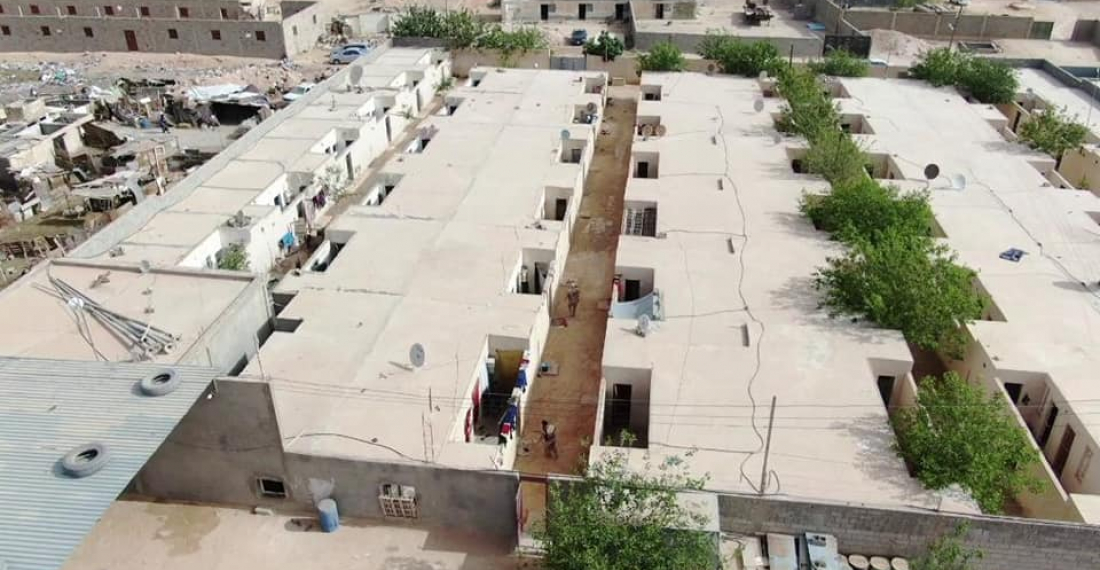The 444 Brigade of the Tripoli Military Region announced that it has freed 110 hostages from different nationalities that had been abducted by armed gangs in the northwestern Libyan city of Bani Walid.
The brigade raided several hideouts for gangs that had been implicated in kidnapping and theft activities in Bani Walid. Creating a safe environment is one of the key priorities of the Libyan government. Brigade 444 had also released several Egyptian abductees in March.
Bani Walid has been notoriously known for the criminal activities including the trafficking of asylum seekers. It lies on a crossing point for migrants leading to the west coast.
The Libyan government is also releasing prisoners of war caught during the battles against Haftar's forces last year. Minister of Justice Halima Abdel Rahman stressed that the release "is the first building block for national reconciliation among the people of the same country", and said that are other upcoming initiatives as well.
She added that the ministry will work "to build the rule of law and the respect for the judiciary, there will be no prisons outside the law, and no one will be imprisoned except within the law".






